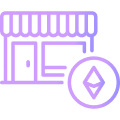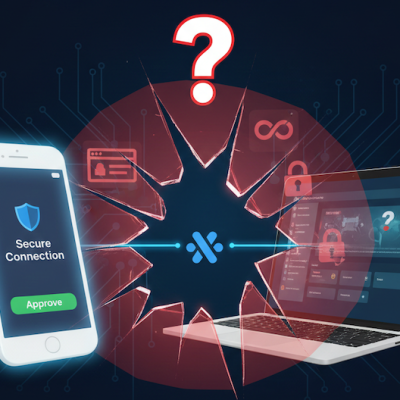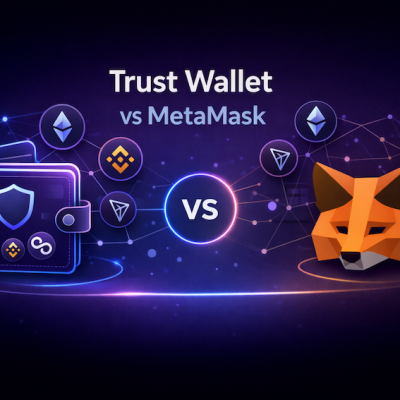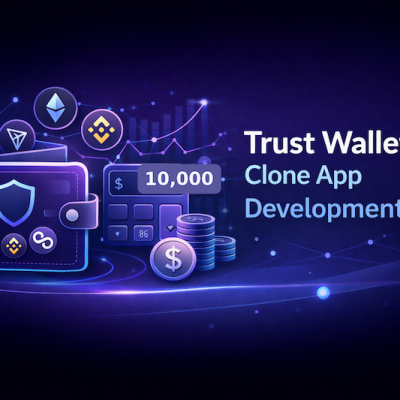FAQ
What is blockchain development for real estate?
Blockchain is a decentralized digital ledger. Decentralization means the ledger exists on multiple computers at the same time. It is a chain of blocks that keeps data records with a unique hash value. It protects records from fraud, tampering, and hacker attacks. Developing applications and platforms for the construction and real estate industry using blockchain technology is called blockchain development for real estate.
What are the use cases of blockchain in real estate?
Blockchain is mainly used to tokenize real estate equity or debt for consumption or investment and make all industry transactions more transparent. Also, it is used to manage assets, real estate funds, and property; secure loans and mortgages; sell, register, and reassign land and property; create urban plans, etc.
How much does it cost to develop a blockchain solution for construction and real estate?
There is no standard method of calculation for estimating the price of blockchain development for the construction and real estate industry. The final price is calculated individually as it depends on multiple factors. They are the feature set, the solution’s complexity and its type, the number of stakeholders interacting with the application, the hourly rates of blockchain developers, and beyond.
What languages are used for blockchain development for construction and real estate?
We use C++, C#, Go, Java, JavaScript, .NET, Python, Rust, Solidity, and other reliable technologies.















